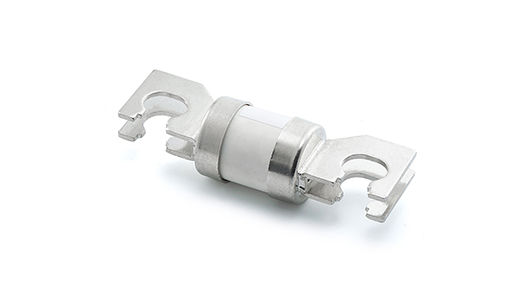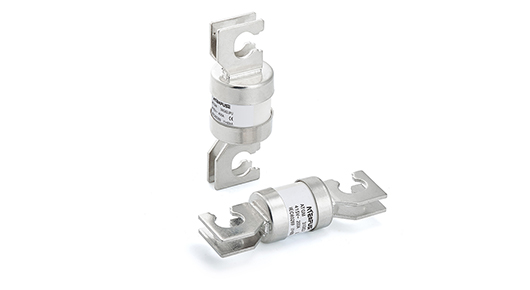How to choose the right Ampers Current DC Circuit Breaker or PV Fuse for your Solar System?
How to choose or calculate the right current of the DC Circuit Breaker or PV fuse for your solar cells?
Solar Panel fuse
Commercially made solar panels over 50 watts have 10 gauge wires capable of handling up to 30 amps of current flow. If you connect these panels in series, there will be no increase in current flow so fusing is not required for this string. This is not the case when you have panels connected in parallel, as when connected in parallel the system current is additive. For instance if you have 4 panels each capable of up to 15 amps, then a short in one panel can draw all 60 amps towards that short-circuited panel. This will cause the wires leading to that panel to far exceed 30 amps causing that wire-pair to potentially catch fire. In the case of panels in parallel, a 30-amp fuse is required for each panel. If your panels are smaller than 50 watts, and use only 12 gauge wires, and 20 amp fuses are required.
Parallel/Combiner Box fusing
In a parallel system a combiner box is used that holds the fuses/breakers to each panel, plus one or more “combined” fuse leading to the charge controller or grid tie inverter (see figure). When sizing this “combined” fuse/breaker, we must first determine the worst case current that will flow based on our specific panels.
If we take the example 144-watt 12V panel from the introduction section, and look at the short circuit current (Isc), we see it is rated at 8.5 amps. This however can be exceeded if the actual installed situation does not match the “standard” test conditions used for solar panel factory ratings. The industry rule is to increase Isc by 25% to cover this possibility, so it now is 10.625 amps in our example.
The National Electrical Code (NEC) also requires that a 25% factor be added if the load is continuous, so the number grows again to 13.28 amps per panel. If there are 4 panels in this parallel set, then the combined current can theoretically be as high as 53.125 amps.





